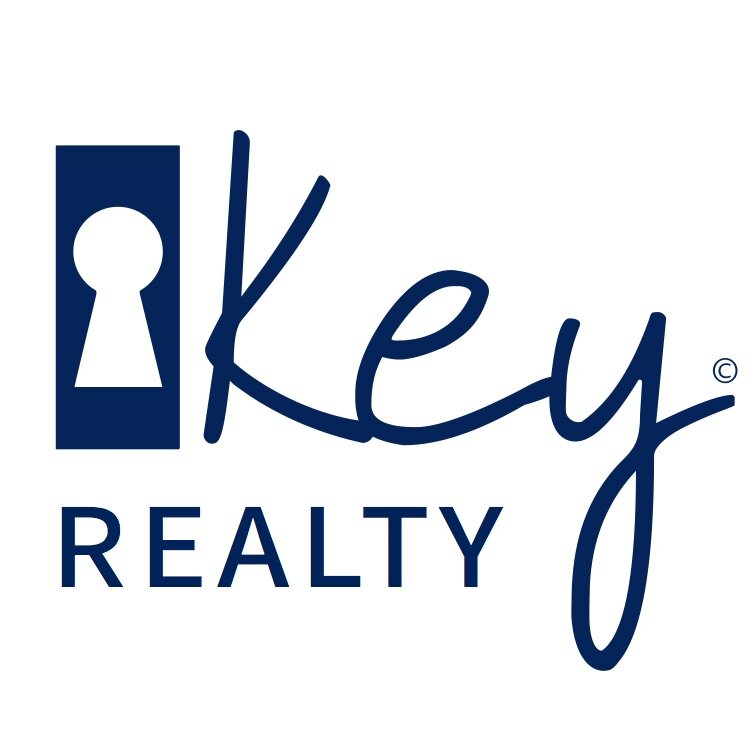Many real estate professionals will tell you that buying a house is always a good investment, and if someone is renting then they are throwing their money away on rent or paying for their landlords mortgage. While this can be true and real estate can be a good investment, most of the time it’s not for most people. Here are several reasons why buying a house may not always be the best investment:
- Not Always Profitable: The notion that home prices always go up is not accurate. I’ve mentioned this before on my blog, but since real estate is a levered product (meaning you have to use a loan to buy it) the price that people are able to pay goes up and down with the prevailing interest rates. This means when interest rates go up, this is downward pressure on prices and vice-versa. For example, you go to your local bank and apply for a mortgage. They look over your income and debts and determine that you can afford a $1,500 a month mortgage payment. The bank then takes that $1,500 monthly payment amount and figures out how much house you can afford given the prevailing interest rates. If interest rates are 4.4% then you can afford a $300,000 house. If they’re 6% then you can afford a $250,000 house. Either way, you’re always solving for the monthly payment. Additionally, there are periods of decline or stagnation such as a recession or cyclical downturn, and certain regions can see long-term decline in property values due to various reasons. For example, I’m from northeast Ohio and there are areas where prices have not appreciated or have gone down unlike other areas in the US. Moreover, the cost of maintenance, property taxes, and insurance can chip away at potential gains over time.
- High Transaction Costs: Buying and selling a home involves significant transaction costs, including real estate agent commissions, closing costs, inspection fees, and more. These costs can be a significant percentage of the home’s value, so if you don’t plan to stay in the home for a long time, you may not recover these costs through appreciation.
- Illiquid Asset: Real estate is generally considered an illiquid asset. This means it can take time to sell a home and convert it into cash, especially if the market is slow. If you need funds quickly, this could be problematic.
- Homeownership Costs: Owning a home comes with many additional costs such as maintenance, repairs, property taxes, and homeowner’s insurance. These can add up over time and make the investment less profitable than it appears on the surface.
- Opportunity Cost: The money you put into buying a house could potentially be invested elsewhere for a higher return. For example, the stock market has historically provided higher average returns than real estate over the long term.
- Risk of Concentration: When you invest a large portion of your wealth in one single property, you’re exposing yourself to a concentration risk. If the property value decreases, your entire investment portfolio can be affected.
- Lack of Diversification: If the majority of your wealth is tied up in your home, you may lack sufficient diversification in your overall investment portfolio. Diversification helps to spread risk across different types of investments and can help to protect against financial losses.
- Debt: Mortgages are typically long-term commitments that can last for decades. If your circumstances change – for example, if you lose your job or have significant unexpected expenses – you may struggle to keep up with mortgage payments.
To kind of button this up – if your financial advisor was offering an investment product that was not guaranteed a return, cost a lot to enter the trade, wasn’t easy to sell once you owned it, required ongoing influx of your time and money, required you to say no to other more profitable investments while tying up a lot of your net worth, AND you would have to take the biggest loan of your life to get it, you’d probably get a new financial advisor. Again, real estate can be a good investment if the numbers work and the total cost of ownership is considered. My goal is to help individuals who are wanting to buy a house for investment purposes understand that it’s more nuanced than “buying a home is always a good investment” (here’s a news article to support my argument). Additionally, I understand that people buy houses for many other reasons besides investments purposes, and I’m not saying whether those individual should or shouldn’t buy. In fact, we recently purchased a new house because we wanted to settle down and start a family and renting would have been more work than it was worth. It’s just important to do your research, consider your own circumstances and financial goals, and count the total cost of ownership when deciding whether to buy a home.

